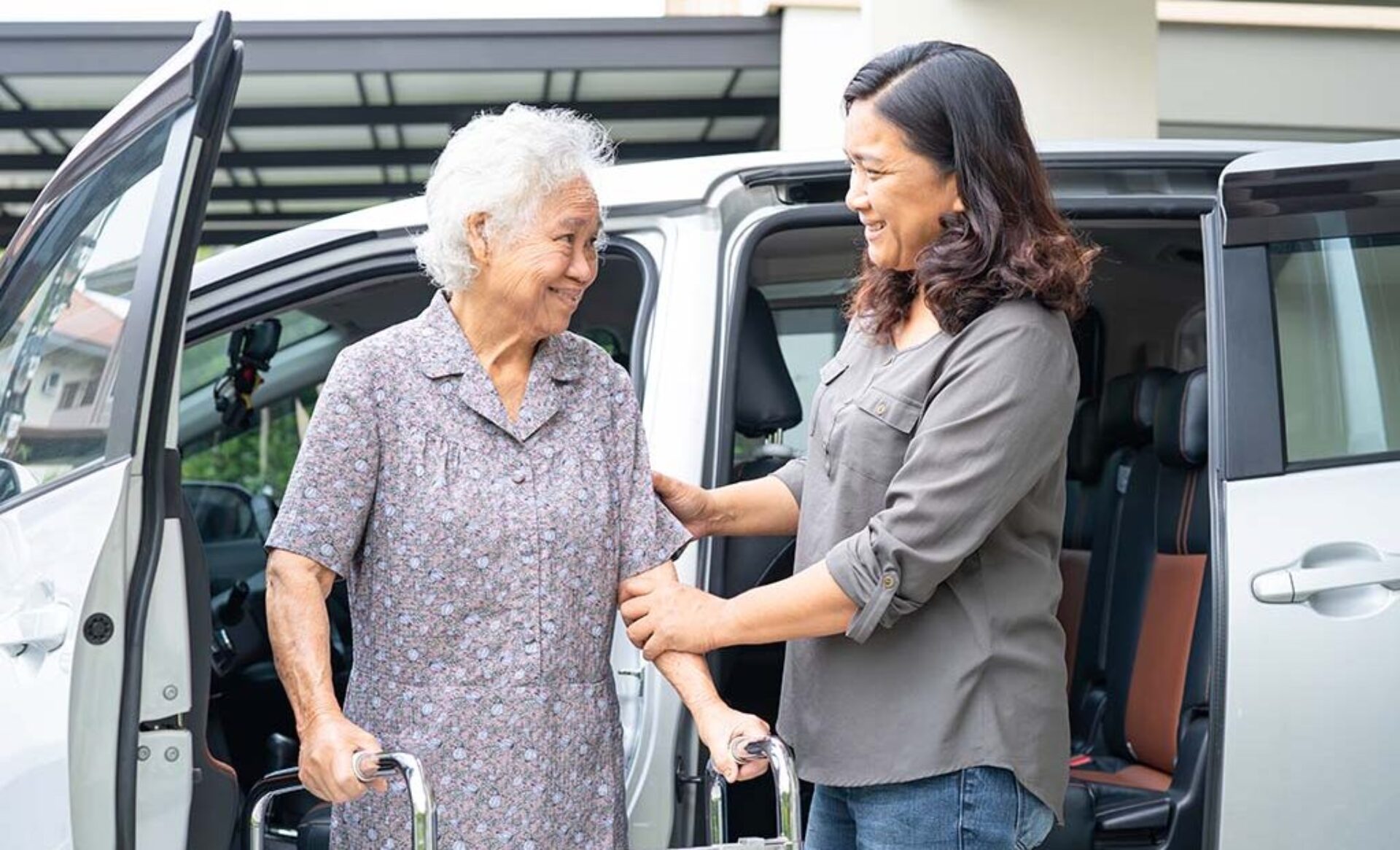
Transportation Assistance in Gynecologic Oncology
- Health Equity
To facilitate more equitable cancer care delivery, this pilot study connects patients with gynecologic cancer who have transportation needs to a ride sharing service, called RideHealth. Pilot findings indicate that ride-sharing services with easy scheduling can expand access to transportation.
Cancer care often requires frequent travel to and from appointments, hospitals, and treatments. Many patients, however, do not have consistent access to reliable and affordable transportation methods. This is especially true for gynecologic oncology patients—one third of whom experience transportation barriers to care. Because of their limited access to transportation, these patients are more likely to have delays in their cancer care, and they are less likely to receive ideal treatment.
To reduce the impact of transportation barriers, this pilot study implemented a transportation intervention for patients with gynecologic cancer across five University of Pennsylvania gynecologic oncology practices. Led by PC3I Faculty Anna Jo Smith, MD, MPH, MSc and Emily Ko, MD, MSCR, researchers used patient portals to screen patients for social determinants of health and identify those with transportation needs. Patients who screened positive were then referred to a ride-sharing service called RideHealth. Rides to and from clinic visits, chemotherapy, radiation sessions, or surgical procedures were scheduled by the clinical team, and patients received updates from their driver via text messages in their preferred language.
In this study, there were no income or insurance restrictions for the ride-sharing service, but patients had to live within twenty-five miles of their oncology practice. In the first year of the program, more than 400 rides were provided, serving 48 patients. Patients who received transportation assistance were more likely to be older, self-identify as a race other than white, have Medicare or Medicaid insurance, and have a higher ECOG score, which determines a patient’s ability to tolerate serious illness therapies, than the overall patient population.
Findings published in the BioMed Central (BCM) Health Services Research found that the rideshare-based transportation assistance program helped reduce commute times for gynecologic oncology patients facing transportation barriers by an average of 19.5 minutes compared to those using public transportation. The program primarily served socially vulnerable populations by providing 417 rides to 48 patients over 15 months, helping alleviate barriers to cancer care. To be integrated into broader clinical practice, further research is needed to assess the program’s impact on clinical outcomes and to explore scalability across diverse health system setting.
Susan (Simcha) Rudolph Ovarian Cancer Patient Assistance Program
Project Leads
Project Team
-
Justin Bekelman
-
Meredith Doherty
-
Stefanie N. Hinkle
-
Nathanael C. Koelper


